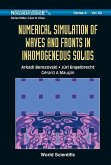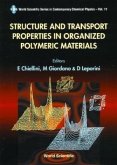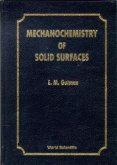Designed both for experimentalists who study rough surfaces and the dynamics of thin film growth using diffraction techniques and for theorists who wish to learn of such rough surfaces and dynamic behavior in Fourier space, this monograph quickly brings the readers to forefront research in the area of the dynamics of interface growth. Graduate and advanced undergraduate students as well as those readers who have very little prior knowledge of diffraction can pick up the subject matter with little difficulty.This monograph gives a brief review and summary at the end of each chapter. After the introduction of the elementary theory of diffraction in Chapter I, Chapter II discusses the various parameters and correlation functions that are essential in describing a rough surface. In Chapter III, the authors not only show analytical forms of the diffraction structure factor for both rough crystalline and non-crystalline surfaces, but also outline the methods of extracting the interface width, the lateral correlation length and the roughness parameter from the diffraction structure factor. To present the basic physical concepts underlying the scaling hypothesis during dynamic growth, in Chapter IV, a detailed description of the dynamic scaling properties of the height-height correlation function, the height difference function and the structure factor is given. The structure factor from a dynamic growth front is derived in Chapter V. An example of a quantitative measurement of the dynamic growth front of an epitaxial system is also given in this chapter. In Chapter VI, a particular type of rough surfaces having a diverging interface width associated with an equilibrium surface roughening transition is discussed. A comparison of the diffraction characteristics from divergent and non-divergent interface is also summarized.
Bitte wählen Sie Ihr Anliegen aus.
Rechnungen
Retourenschein anfordern
Bestellstatus
Storno








